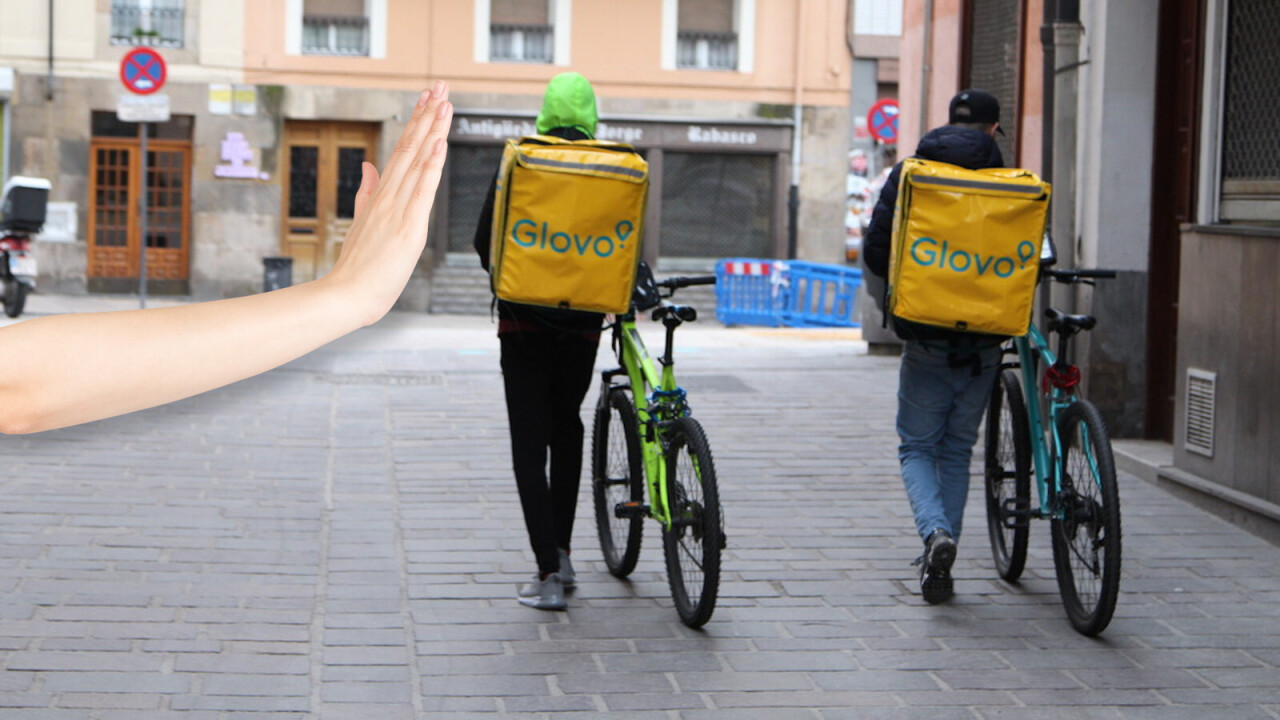
While the likes of Uber, Lyft, DoorDash, and friends are fighting legislation in California that would force them to recognize their drivers as employees, Spain has already made its own decision on the matter.
In a ruling yesterday, Spain’s supreme court said that riders for Barcelona-based food delivery service Glovo should be seen as employees and not as freelancers or independent contractors, Reuters reports.
As a result, gig-workers in the country could have a solid legal basis for demanding formal employment contracts and associated benefits.
[Read: 5 things to know when you’re buying your first electric vehicle]
“[Glovo] fixes the conditions for the provision of its services, and owns the assets essential to carrying out its services,” the court said.
“It uses deliverers who… fulfil their roles within the employer’s professional organization.”
It seems that Spain’s top court has exercised a similar perspective to authorities in California, who say that gig-working drivers are central to Uber, Lyft, and the like delivering their core business.
In other words, with no drivers or riders, companies like Glovo, Deliveroo, Uber, Lyft, and DoorDash simply couldn’t operate. Therefore, it shouldn’t rely on and exploit freelancers or independent contractors.
This is unlikely to change what’s happening in California, but it certainly gives some insight into how regulators and law enforcers around the world interpret the gig-economy.
So you like mobility? Then join our online event, TNW2020, where you’ll hear how data, autonomy, and connectivity are fueling the future of mobility.

Get the TNW newsletter
Get the most important tech news in your inbox each week.




